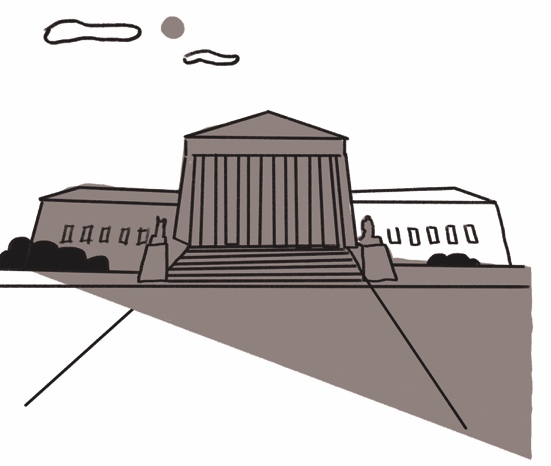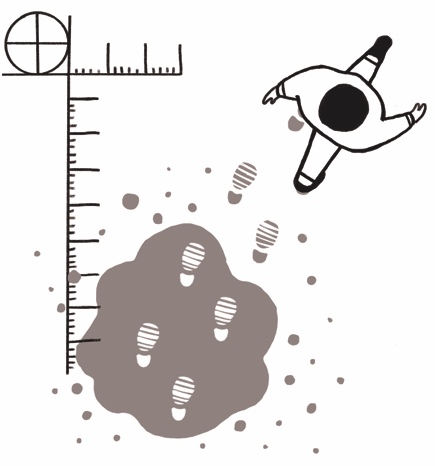Notable & Quotable
Summer 2022
Illustrations: Napoleon Wright II

“Not all African Americans have the same views. There are differing trajectories along their career and personal paths that will lead to different experiences. That’s why more diversity — more representation — is always preferred, because then you’re going to get the full array of perspectives at the table.”
— Professor Trina Jones, discussing the implications of having two Black justices on the Supreme Court for the first time, Justice Clarence Thomas and the recently confirmed Ketanji Brown Jackson. (USA Today, April 8, 2022)
“This major questions doctrine is being treated at least by advocates as a distinct limitation on Congress’ delegations to agencies — not only an exception to deference to agencies for ambiguity but even perhaps where the statute is clear.”
— Professor Jonathan Wiener, addressing a key issue before the Supreme Court in West Virginia v. EPA, a case stemming from challenges to the Environmental Protection Agency’s efforts to regulate vehicle emissions and the social cost of carbon. (Greenwire, April 11, 2022)
“What the leak and the draft have in common is a disregard for the legal and public legitimacy of the court — and a failure to register that the justices and their clerks are temporary occupants of an institution that is greater than themselves.”
— Professor Neil Siegel, commenting on the leak of a draft Supreme Court opinion that would overturn Roe v. Wade. (McClatchy News Service, May 3, 2022)
 “Everyone ignores the plumbing of the financial markets until periods of crisis or uncertainty. And that’s when we find out that the banks’ back-office functions are essential, but somewhat antiquated and fallible, particularly in the bond market.”
“Everyone ignores the plumbing of the financial markets until periods of crisis or uncertainty. And that’s when we find out that the banks’ back-office functions are essential, but somewhat antiquated and fallible, particularly in the bond market.”
— Professor Elisabeth de Fontenay, noting the scrutiny paid to Russia’s wartime payment on dollar-denominated bonds. (Bloomberg, March 22, 2022)
 “There are so many different ways that forensics can go wrong. It’s about the whole forensics enterprise and how poorly we regulate it.”
“There are so many different ways that forensics can go wrong. It’s about the whole forensics enterprise and how poorly we regulate it.”
— Professor Brandon Garrett, referring to the “blizzard of error” he found in reviewing the forensic testimony in hundreds of wrongful convictions cases. (The Atlantic, May 12, 2022)
